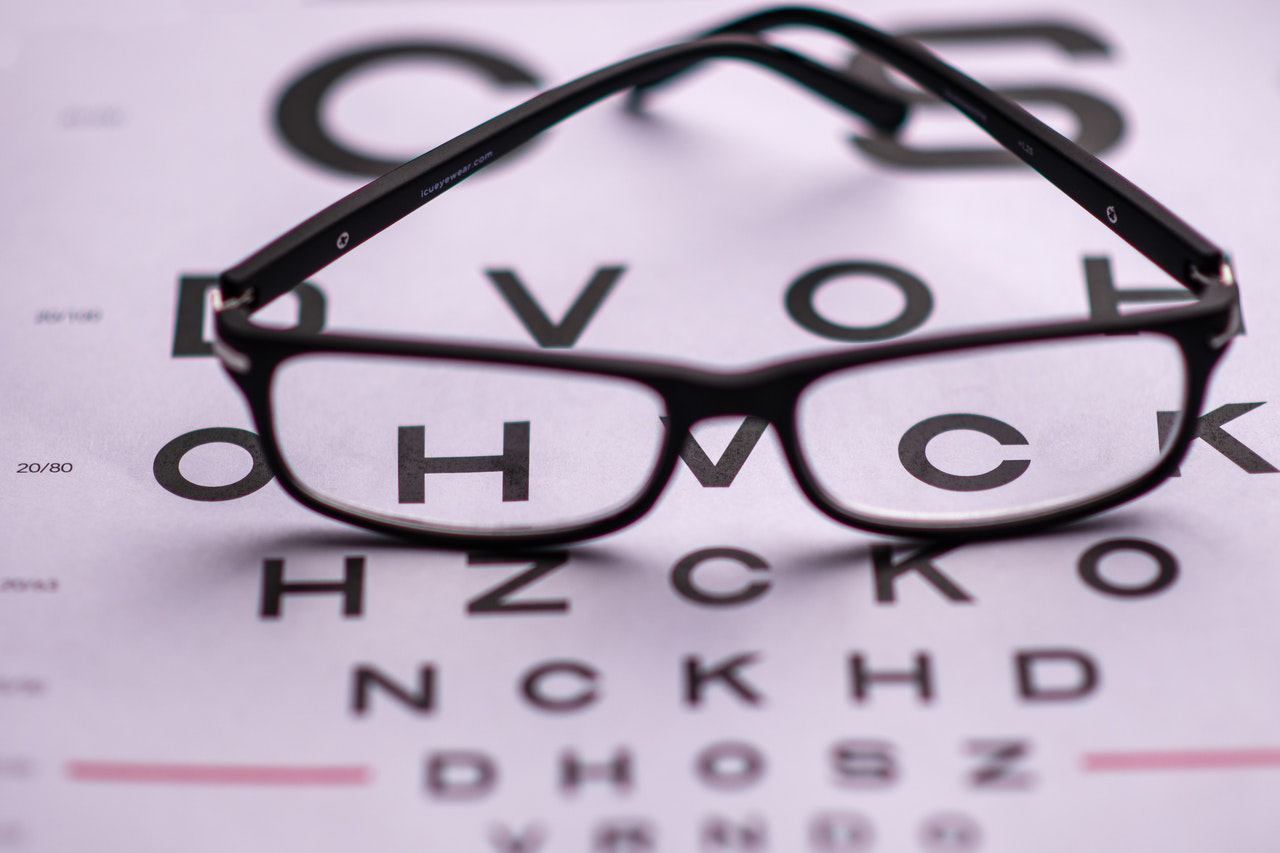Getting blurred vision is one of the first signs of eyestrain. It’s one way of telling us that something’s wrong with our eyes. Perhaps we just rubbed our eyes too hard, have stayed too close to the TV or just stared at the computer monitor for too long. But the good thing is that our vision will get back to normal after some time. We just need to let our eyes rest for a while.
Causes of blurred vision
However, there are times when the blurred vision remains. Generally, it is caused when the path of light from the cornea to the retina is blocked. This time, it could be serious and it could be due to one of the following causes:
Mini-Stroke:
Blurred vision may be a symptom of a mini-stroke, which can be a sign of a more serious condition. Other stroke symptoms may include headache, numbness or dizziness.
Glaucoma:
This happens when fluid pressure builds up in the eyeballs. It can be dangerous and could lead to permanent loss of eyesight.
Myopia (nearsightedness) or Hyperopia (farsightedness):
In the case of nearsightedness or farsightedness, it would be best to get yourself checked by an eye doctor. Perhaps he/she could recommend prescription glasses to correct your vision. Otherwise, he/she may suggest LASIK surgery — a surgical treatment that makes use of lasers to correct myopia and hyperopia.
Cataracts:
These are common for people aged 50 and above. Here, cataract formation tends to block the eyes, causing blurred vision. Consult an eye surgeon for the removal of the cataracts.
Migraine:
This major headache can be accompanied by symptoms that include blurred vision, nausea and vomiting.
Comprehensive eye examinations can identify the cause behind impaired vision and provide solutions.
Contact Eye Care Professionals today for more information about our eye care services.











